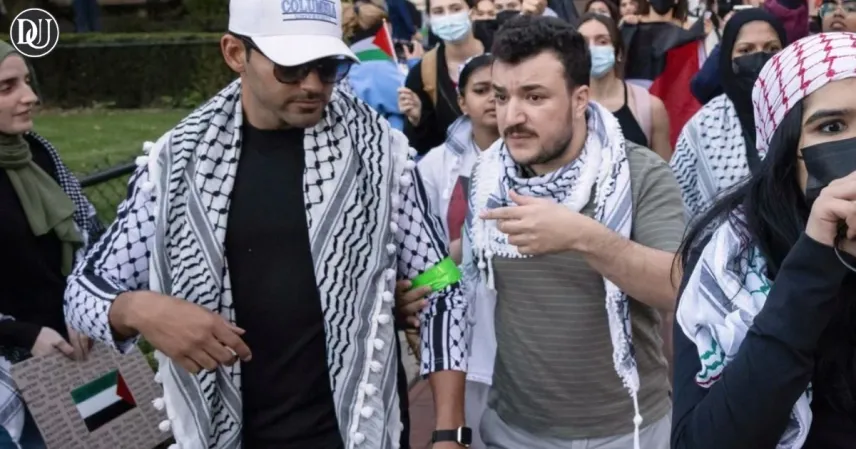A federal judge has ordered the release of Columbia University student Mahmoud Khalil after he spent nearly three months in immigration detention. The case, which attracted nationwide attention due to its political and legal implications, has sparked conversations around civil liberties, immigration enforcement, and the rights of student protesters in the United States.
The ruling, delivered this week, found that Khalil’s detention by U.S. Immigration and Customs Enforcement (ICE) was legally unjustified and procedurally flawed.
Background of the Case
Mahmoud Khalil, a Palestinian student enrolled at Columbia, was detained in April following his participation in pro-Palestinian demonstrations on campus. While his initial arrest was tied to trespassing allegations, ICE later detained him for an expired student visa. His supporters claim the move was politically motivated, targeting him for his activism rather than any immigration violation.
The issue quickly escalated, drawing in legal aid groups, human rights advocates, and university officials, all of whom called for his release.
The Federal Court’s Intervention
Earlier this week, a U.S. federal judge ruled that Khalil's detention was not only unlawful but also violated his constitutional rights. The judge cited ICE’s lack of a clear legal basis to hold Khalil and criticized the delay in providing a bond hearing.
The court emphasized that even non-citizens in the U.S. are protected by due process and that detention cannot be used as a punitive tool against peaceful protest. Following the ruling, Khalil was released immediately from the detention facility where he had been held since April.
Public and Legal Reactions
The decision was welcomed by civil rights groups and student organizations across the country. Columbia University issued a statement reaffirming its commitment to free speech and the rights of its students.
Supporters gathered outside the court after the ruling, many holding signs demanding an end to politically motivated immigration enforcement. Advocacy organizations have also called on ICE to review other similar cases where detention may have been applied selectively.
The case of mahmoud khalil has now become a reference point in broader debates about how immigration law is being used in politically sensitive contexts.
Future Implications
Legal experts say the ruling could influence how ICE handles visa-related issues for students involved in protests. Some believe it could deter future attempts to use immigration enforcement as a response to political activism, especially on university campuses.
Mahmoud khalil, now a free man, is expected to resume his studies and continue his advocacy work. In a brief statement after his release, he thanked his legal team, supporters, and the judge for upholding his rights.
While the full legal journey may not be over, the release of mahmoud khalil marks a significant victory for civil liberties and sets a legal precedent that could impact future ICE detention cases.










